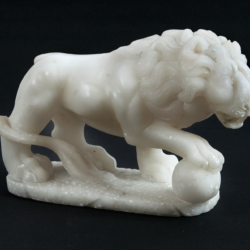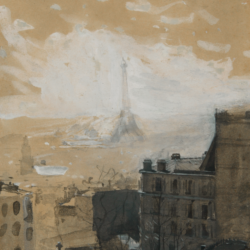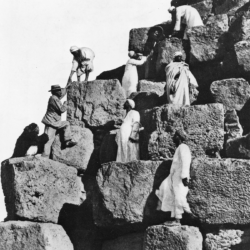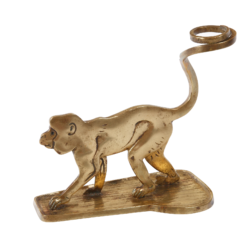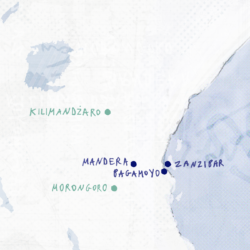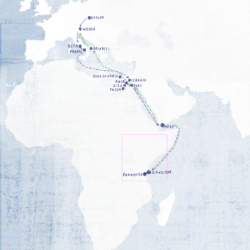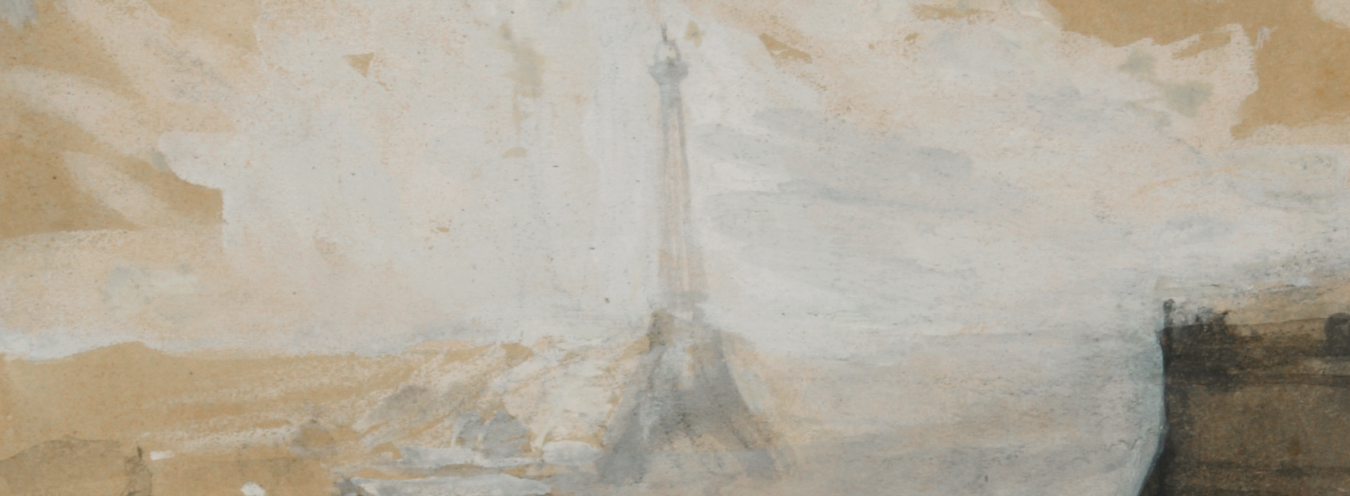
The United States of France
You ask me to come back to Warsaw. By all means, I will, since I miss my own people every so often. But – I am so happy here, so healthy, so blissful that it feels criminal. Americans are very courageous, loyal, and righteous. Many of their qualities are almost impossible for the Old World to grasp. Once you get used to their brusqueness, you cannot help but love them, and come to the not-so-exaggerated realization on how ancient, low-minded, effeminate, and degenerate Europe has in fact become.[1]
Sienkiewicz returned to Europe in April 1878. It took another year and a half before he arrived home in Warsaw. This was a period of profound significance for the writer’s artistic and ideological development, and, as such, has been analyzed repeatedly and in depth.[2] In this paper, I am drawing on the previous research, but I would like to suggest a different (though not incompatible) approach: focusing on Sienkiewicz’s American adventure that resurfaces in his descriptions of Europe of that time.
The writer’s epistolary impressions of Paris can serve as a good example here. Staying in one of the most important European cities, Sienkiewicz witnesses the third Paris World’s Fair of 1878, a key cultural event of the 19th century; but it feels like a part of his mind had never left the New World. In his letters from France, he seems to assume the part of an American trapper, a free and rugged lone wolf, who watches the human masses and their “refined civilization” from a distance. In a letter reporting on the 1878 World Exhibition, Sienkiewicz writes:
As you know, I spent over two years of my life in the silent, lonely woods of America; I cannot even begin to tell you how weird it feels now to see this swarm of people, the glitter and glamour of their sophisticated, refined civilization, all these uniforms, stars, feathers, and badges.[3]
Sienkiewicz observes the World Fair from the point of view of his “Yankee brothers,” forming an impression that whatever he can see here is infinitely remote from the American social ideal that he beheld just a while earlier. In the letter, he appears to have been suspended in a moment:
before the intuition turned into a conscious thought; before I could decide for myself if all those things in front of my eyes are mere tinsel and polish of civilization or the civilization itself, in other words: the humbug, as my Yankee brothers would say, or the whole truth; before it crossed my mind that, despite the appearances represented by these exquisite carriages, social progress has, in fact, remained far behind technological advances, and that there is indeed so little happiness and so much misery in the life of humankind.[4]
Even though France, Paris, Exposition Universelle, as well as social and international relations in Europe are the topic of Sienkiewicz’s writing, the American chapter of his life reemerges over and over again in his descriptions. For instance, when the writer praises Parisians for not responding to the provocation of the monarchic press, he does so in the following words: “[the French masses] demonstrated the level-headedness I did not expect to see (even) in them: the one worthy of Americans themselves.”[5] Just to illustrate the model (say: American) reaction to taunting:
Once, during the elections in America, some fool shouted jeeringly: Hooray for Hell! Others answered with the unshaken American tolerance: “Alright! Everybody for his country!,” killing him with laughter.[6]
Eventually, like he used to write about the shortcomings of Europe from America, so he continued the criticism (of France as a synecdoche for Europe as a whole) after his return to the Old Continent; at least, being there in person, even if his mind stayed behind.
As for me, I would have a lot to say about the French Republic, and about the French democracy in particular. Both are lagging far behind the American paradigm. Here, they are only discussed; over there, they are actually lived. Here, democracy is but a notion; there, it is already in usage. In America, citizens and governors are mostly one and the same thing. The centralization here can be opposed to the decentralization in the broadest sense there. Europe is ridden by bureaucracy and its senior and junior officials; America has no bureaucracy, no senior or junior officials, no hierarchy.[7]
It turns out that Europe’s main vice is that it is the exact opposite of American simplicity and lack of hierarchy. French democracy is just a pale shadow of the true, American one. A person who has just returned from America finds it extremely difficult to stomach the overly quaint etiquette and the servility that is conditioned by economics and thus is a clear sign of inequality:
Anyone who is used to genuine equality and democracy will be embarrassed to see this parody of democrats, fawning like dogs at their master’s feet, waiting to be made happy with a pourboire. A traveler already familiar with the American straightforwardness can only see such undignified behavior in respect of foreigners, such courtesy bordering on obtrusiveness, as the unmanly, stale, bizarre cunning and coquetry, aimed at the pockets of potential sponsors and arousing nothing but contempt.[8]
Przypisy
- Ibidem; trans. J. M.
- See T. Bujnicki, op.cit.; M. Gloger, Sienkiewicz nowoczesny [Modern Sienkiewicz], Bydgoszcz 2010 (chapter entitled “O nowoczesnym konserwatyzmie Sienkiewicza” [On Sienkiewicz’s modern conservatism]); R. Koziołek, Sienkiewicz’s Bodies: Studies of Gender and Violence, trans. David Malcolm, Frankfurt am Main 2015.
- H. Sienkiewicz, “Listy Litwosa z Wystawy Paryskiej” [Sienkiewicz’s letters from the World Fair], in H. Sienkiewicz, Dzieła [Collected Works], vol. 44, Listy z podróży i wycieczek [Miscellaneous travel letters], ed. J. Krzyżanowski, Warsaw 1950, pp. 35–36; trans. J. M.
- Ibidem, p. 36; trans. J. M.
- Ibidem, p. 43; trans. J. M.
- Ibidem, emphasis B. Sz.; trans. J. M.
- Ibidem; trans. J. M.
- Ibidem, p. 48; trans. J. M.

